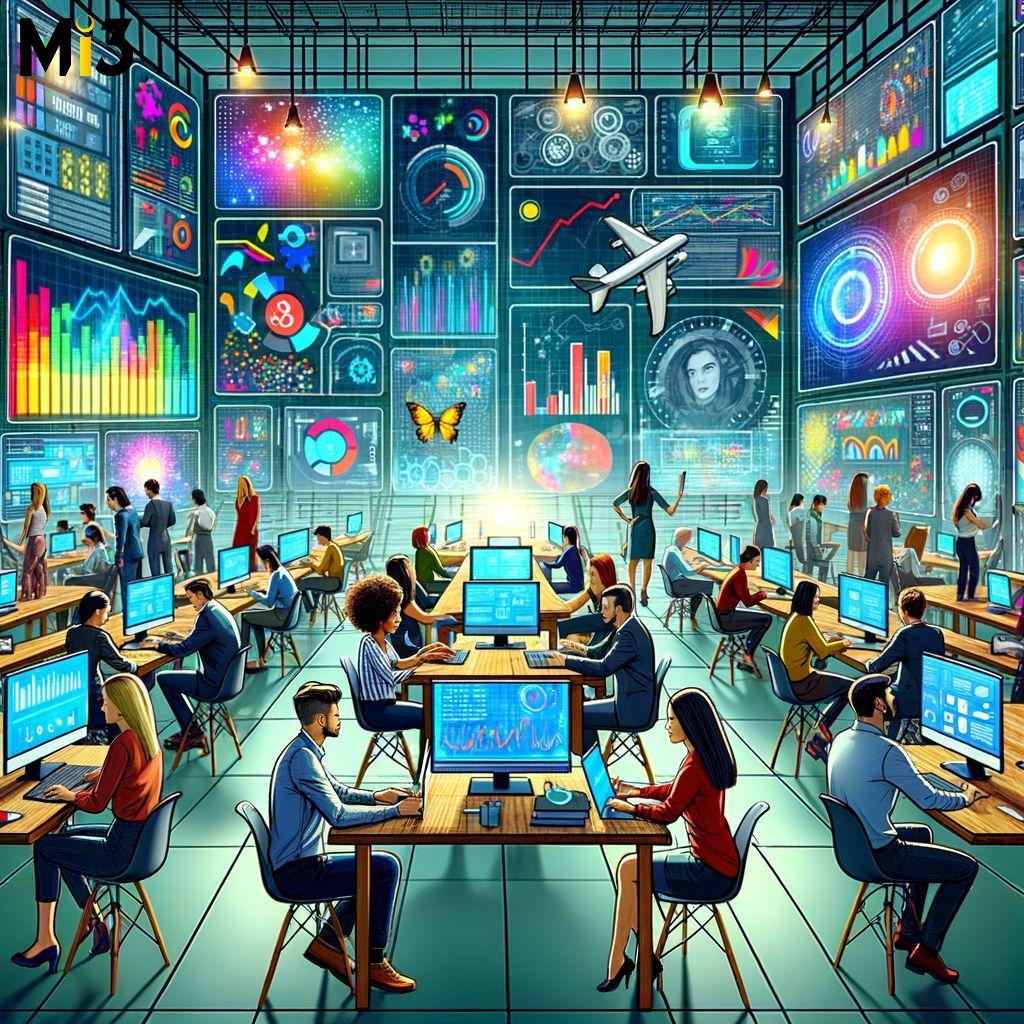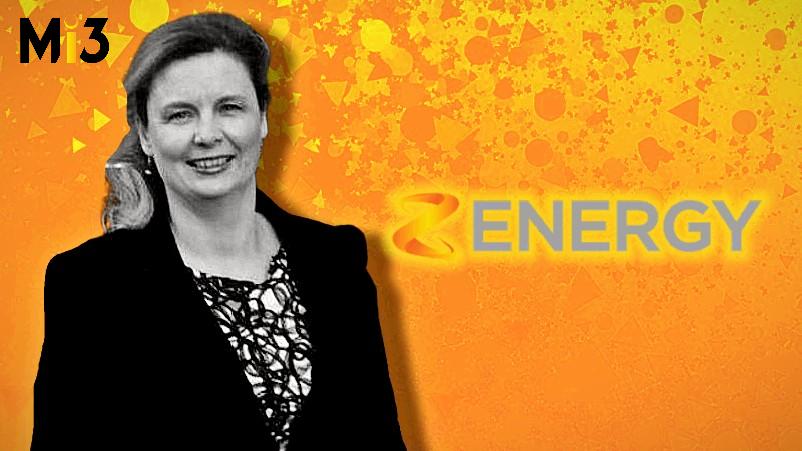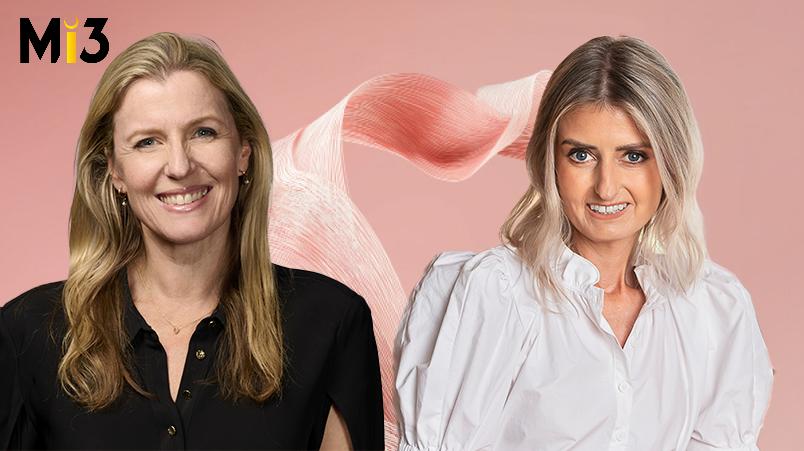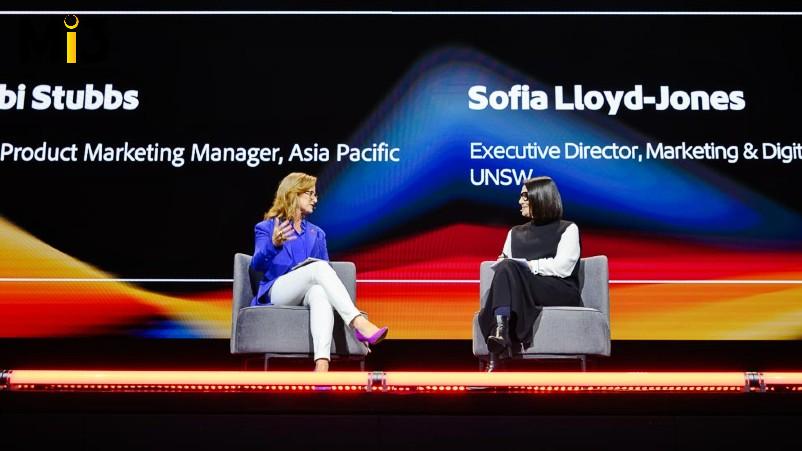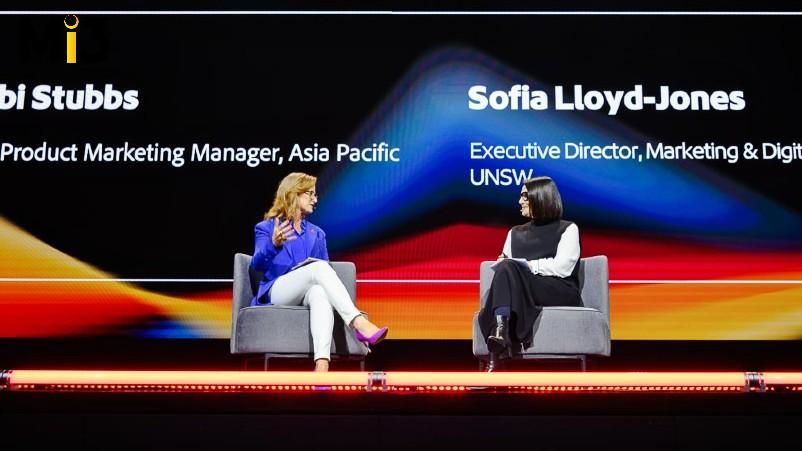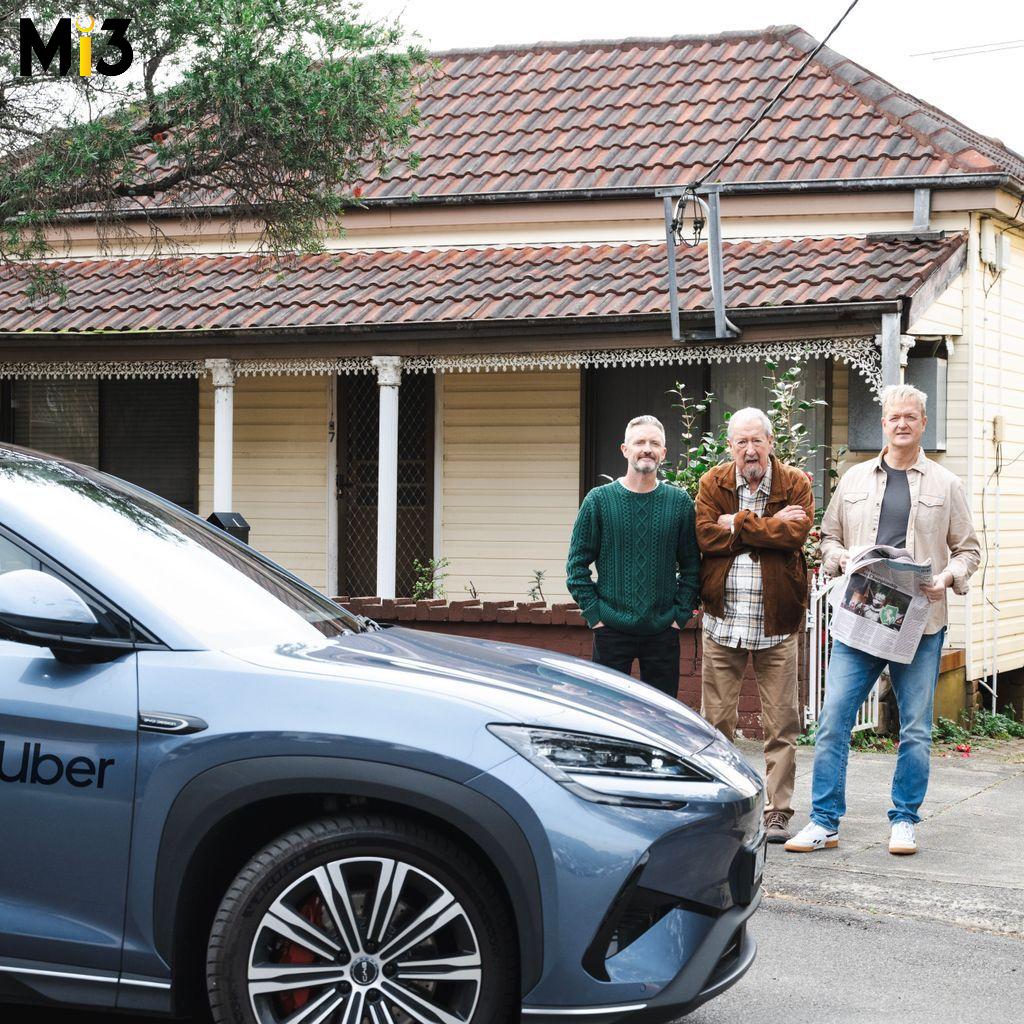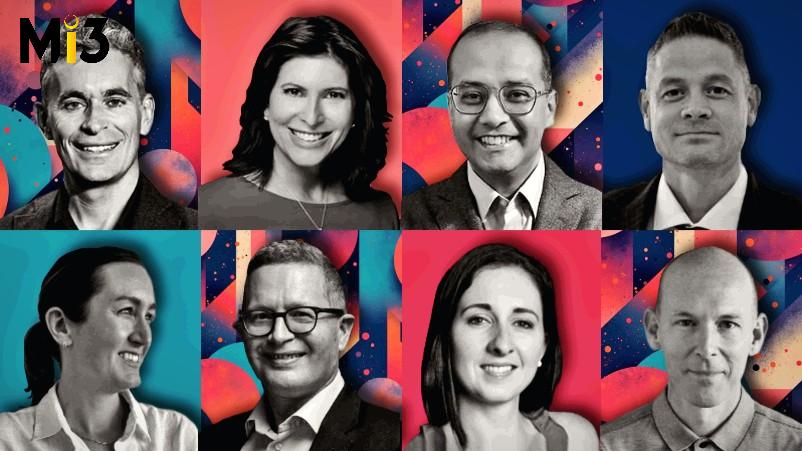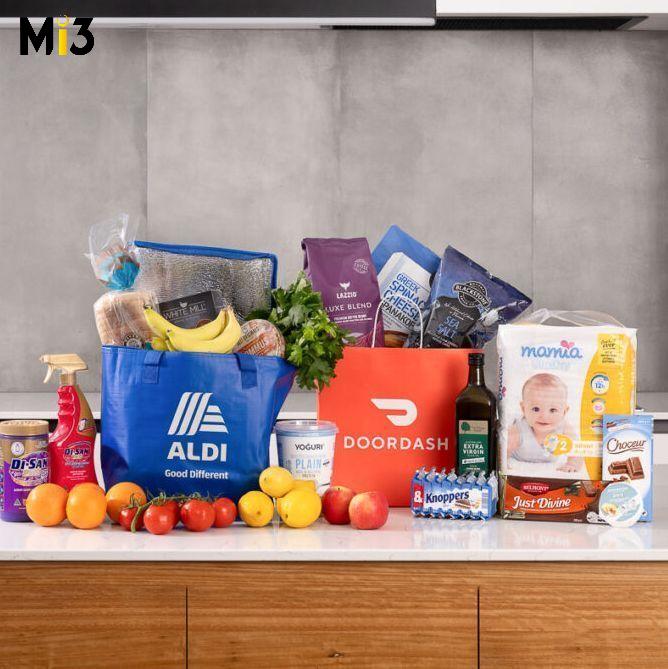The IAB Australia Retail Media State of the Nation 2025 Report shows seven in 10 advertisers and agencies engaged in retail media have increased their investment over the past year. But frustrations with clear, standardised measurement and transparency within the retail media sector is growing.
Author: admin
Bye bye Flybuys: Ampol’s Z Energy ditches third party loyalty for own platform – gains data, maintains sales, sees customer acquisition surge
Ampol-owned Z Energy abandoned its existing loyalty approach built around Flybuys and Airpoints, after Flybuys NZ closed. Airpoints remains a partner. However, the company built a new loyalty program on its own platform in just nine months by selecting an offer orchestration solution and integrating it into its existing Salesforce-based stack. Bespoke builds are apparently out as configuration trumps customisation – and that also means marketing has a lot more control and independence. Now that Z owns the first-party data, the focus in on orchestrating real-time offers, driving scan rates and engagement higher and selling a lot more pies and barista-made coffees. Three months post-launch, fuel volume are holding firm, customer numbers are surging, and scan rates have popped almost 10X. Loyalty, it turns out, works better when you own it.
From brand funnels to demand power: What Treasury Wine Estates tech and marketing chiefs are doing to jointly fuel the commercial playbook
“Powering a commercial playbook” – that’s the job Treasury Wine Estates digital, data and technology chief and former CMO, Kate Whitney, sees her technology team needing to play. And that means helping the marketers not just build brand stories, but demand power. With more than half of marketing leaders still struggling to forge a relationship with their technology counterparts, here’s how Whitney and Penfolds CMO, Kristy Keyte, have found a way to get their teams not only collaborating, but aligned on business and customer outcomes.
CDP versus master data platform: How UNSW’s marketing chief learnt to crack open new martech, data investment and collaboration with IT
It’s been seven years since the University of NSW first dipped its toe into martech waters, a move its marketing and digital experience director, Sofia Lloyd-Jones compares to going from dial-up broadband to full fibre. Thanks to solid progress in the first wave of martech innovation, plus concerted efforts to unite the tertiary education behind ‘lifelong learning’ as the next growth opportunity, she’s now cracked open a whole-of-organisation master data platform investment anticipated to help UNSW navigate the snakes and ladders game of international student recruitment caps and restrictions – as well as AI’s disruptive impact on what it means to even learn and build capability in the near term.
Master data platform: How UNSW’s marketing chief learnt to crack open new martech, data investment and collaboration with IT
It’s been seven years since the University of NSW first dipped its toe into martech waters, a move its marketing and digital experience director, Sofia Lloyd-Jones compares to going from dial-up broadband to full fibre. Thanks to solid progress in the first wave of martech innovation, plus concerted efforts to unite the tertiary education behind ‘lifelong learning’ as the next growth opportunity, she’s now cracked open a whole-of-organisation master data platform investment anticipated to help UNSW navigate the snakes and ladders game of international student recruitment caps and restrictions – as well as AI’s disruptive impact on what it means to even learn and build capability in the near term.
Top ten global martech analyst Scott Brinker says tech vendor consolidation has begun, agentic AI’s impact deep on marketers to master a complex, multi-agent future
Mi3’s tech editor Andrew Birmingham is joined by global Martech doyenne and Chief Martec’s editor-in-chief Scott Brinker to dissect the 2025 Martech Landscape, his famed spaghetti-styled industry maps, now at 15,000 different tech solutions, and what it really means for marketers. From the prolific number of martech vendors and AI-powered tools to the dawn of agentic AI and the quest for a universal data layer to unify fractured data feeds, they unpack the pace, the promise – and the peril – of martech’s accelerating complexity. Brinker explains why martech consolidation is finally underway, why agentic AI may be as transformative as the internet, and what needs to happen before we hit a truly interoperable, multi-agent future. Along the way: data chaos, consumption pricing, cybersecurity blind spots—and why marketers must learn to ride the wave, not be crushed by it.
Qantas confirms 5.7 million customers affected by cyber incident
Qantas has confirmed 5.7 million customers have been impacted by last week’s cyber attack, as it begins the process of contacting customers who have been affected individually.
Uber Green campaign reunites iconic Australian actors to promote electric rides
Uber has launched a new campaign to promote its fully electric rideshare product, Uber Green, which offers rides in electric vehicles at the same cost as UberX. The campaign features Australian actors Michael Caton, Stephen Curry, and Anthony Simcoe.
First they copied product, now they’re lifting the whole playbook – and innovating harder: Private labels’ $46bn strategic expansion has brands deeply worried
Coles and Woolworths are among a growing and diverse set of retailers injecting hundreds of millions into private-label range expansion – not just for revenue growth, but customer stickiness, trust and loyalty. They’re no longer just chasing price-conscious consumers: Today’s own brand strategies are leveraging every lesson from the brand playbook to win from value to premium tier, utilising quality product credentials, growing first-party data insights, category diversification and co-brand partnerships while also tapping into future-forward trends such as health and wellbeing, blurred work/home lifestyles, sustainable sourcing, changing consumer behaviours and preferences to innovate. It’s working. Circana figures show 4.8 per cent year-on-year growth across CPG/FMCG to $46bn in annual private-label sales last year. Complementary research shows 95 per cent of Aussie consumers are now open to buying private-label brands, and exclusive research supplied to Mi3 reveals broad familiarity and emerging motivators for own brand purchases. Even more significantly, Gen Z and Millennials are increasingly being swayed to consider private-label products. Here’s the lowdown on why and how retailers are making private-label the next big brand success story, and what name brands should attempt to fight back.
ALDI Australia steps into grocery delivery with DoorDash trial
ALDI Australia has taken its first steps in grocery delivery, striking a partnership with DoorDash to trial its first-ever delivery service in Canberra.

